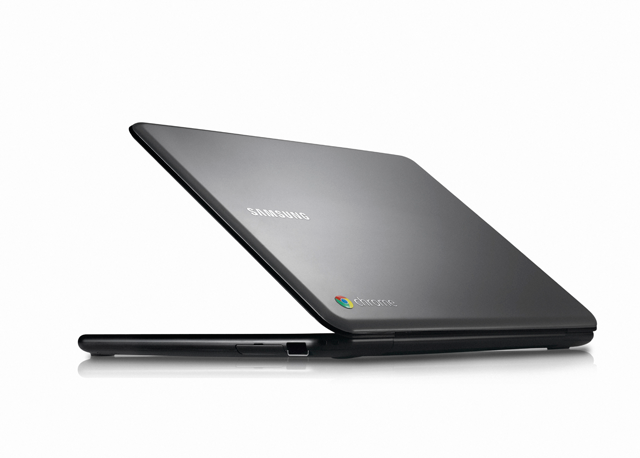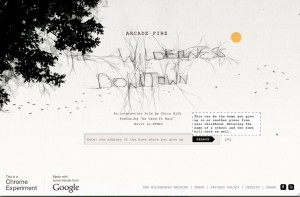Conversations with Robots
Be careful–you may be falling in love with a software robot. This episode of Radiolab—NPR’s clever and entertaining broadcast/podcast—explores many ways people talk to machines, including those alluring bots that populate online dating sites. Eliza, Furbie, Clever Bot, Bina—they’re all talking to us, and we’re listening. Radiolab puts it all in perspective in this fascinating program.
This summer some consumers will be able to pay for some of their purchases by waving their phones instead of swiping their cards. Google Wallet is an Android App that uses near-field communication technology to send transaction information from phone to merchant terminal. This kind of technology could eventually change the way we do most of our face-to-face shopping.
This New York Times article includes a demo video.
Many of the greatest works of art are inaccessible to most of the world’s population. In this short TED talk, Google’s Amid Sood demonstrates Art Project, a multimedia web gateway to many of world’s foremost art museums and the treasures they hold.
[ted id=1144]
The microprocessors that power today’s computers are running out of space. For decades engineers have found ways to shrink the circuitry that’s etched onto each chip’s surface, but that trend will soon collide with hard laws of physics. Intel engineers may have found a way to continue the relentless march toward ever-faster computers: 3D circuitry containing tiny fins of silicon that rise above the chip’s surface. http://www.nytimes.com/2011/05/05/science/05chip.html
The_Green_IT_movement_has_lost_the_plot
Who owns your data? If somebody else collects information about you, should you have the legal right to see and use that information? New York Times Columnist Richard Thaler argues that consumers and businesses alike would benefit from laws ensuring that you have access to your information.
Read on New York Times site

http://www.wired.com/gadgetlab/2011/05/google-debuts-chromebook-the-web-only-laptop
 This groundbreaking music “video” by Chris Milk combines music, art, and interactive Web technology to create a deeply personal experience. You may need to switch Web browsers to make the experimental HTML 5 technology work, but it’s worth the effort.
This groundbreaking music “video” by Chris Milk combines music, art, and interactive Web technology to create a deeply personal experience. You may need to switch Web browsers to make the experimental HTML 5 technology work, but it’s worth the effort.